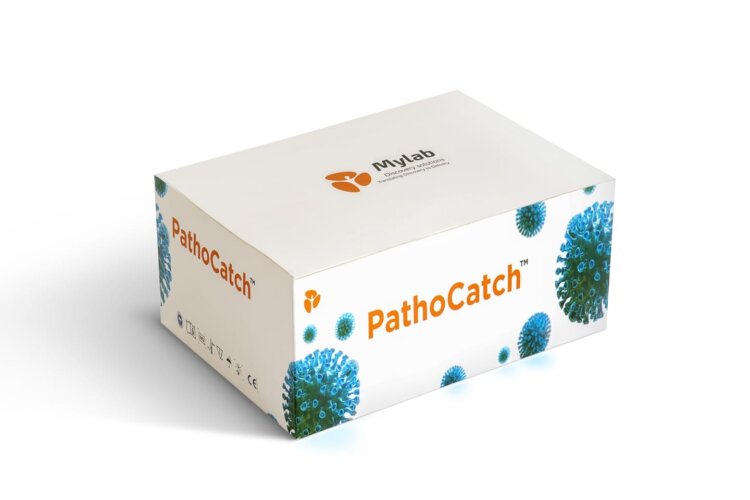A quick point-of-care test for patients with Sickle Cell Anaemia, a genetic blood ailment, has been made available by the Indian biotech company Mylab Discovery Solutions. The test uses strips and may identify the condition in a matter of minutes.
The test will take place as India’s government works to eradicate the illness by 2047.
The presence of the defective haemoglobin S variation in the condition frequently results in red blood cells (RBCs) taking on the sickle shape. Highly rigid sickle-shaped blood cells can obstruct blood flow, cause pain and organ damage, and increase morbidity and death. They can also cause organ damage.
The PathoCatch Sickle Cell fast test, which has been approved by the Central Drugs Standard Control Organization (CDSCO), may quickly identify the presence of aberrant hemoglobin in a little blood sample.
The new test is simple to use by healthcare practitioners without the need for laboratory equipment, in contrast to the conventional procedures, which are difficult and require a time-consuming process of collecting blood samples and transporting it to a lab.
The test consists of three markers that quickly identify between normal, carrier, and sickle cell samples by looking for the presence of hemoglobin A, S, and C. Since its combined sensitivity and specificity are 100%, it is one of the quickest and most accurate tests in India.
“The public health implications of Sickle Cell Anaemia are significant as people who have the disease face potentially life-threatening medical complications. Timely diagnostic testing and comprehensive care can significantly reduce morbidity and mortality from the disease,” said Hasmukh Rawal, MD & Co-founder, Mylab, in the statement.
“We are confident that the PathoCatch Sickle Cell Rapid Test will help reduce the burden of Sickle Cell Anaemia in our country and support the government’s mission to eliminate the diseases by 2047,” he added.
With around 1.8 crore people carrying sickle cell characteristics and 14 lakh people suffering from sickle cell illness, India is thought to have the second-highest burden of sickle cell anemia.
The genetic illness spreads from one generation to the next. In India, it is more common among the tribal community, where it affects roughly 1 in every 86 births.
A person with sickle cell trait only inherits one defective gene, whereas people with the disease inherit two defective genes—one haemoglobin S from each parent.
According to the manufacturer, the PathoCatch Sickle Cell Rapid Test can be utilized in areas with a high prevalence of the disease but limited resources, as well as in blood banks, gynecology hospitals, primary and secondary health centers, and government screening programs.
By the end of this month, the test kit would be accessible at hospitals and labs, it was said.
Source:OCN







 Finance
Finance







